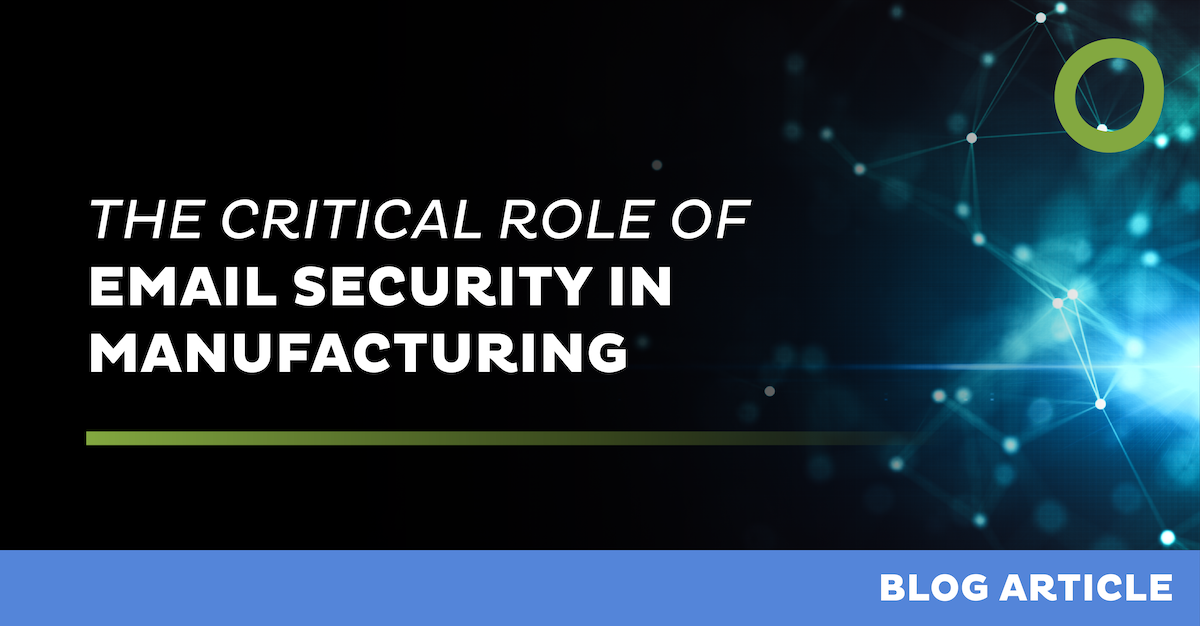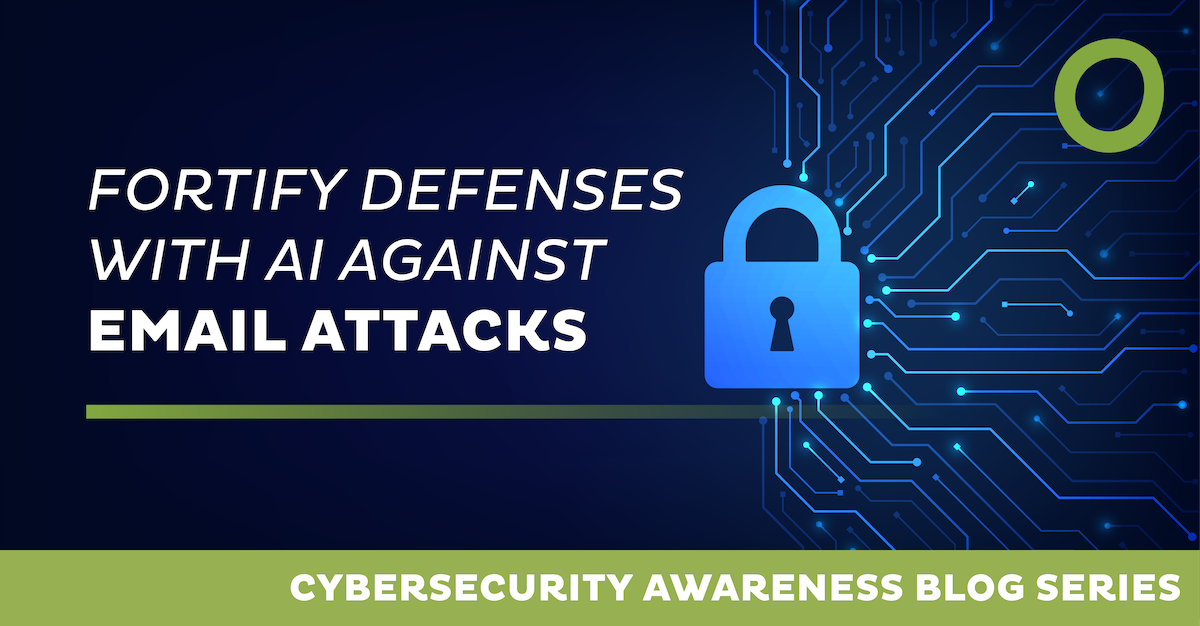
The Critical Role of Email Security in Manufacturing


Manufacturing companies are increasingly targeted by cybercriminals due to their valuable intellectual property, complex supply chains, and reliance on digital communication. Email remains one of the primary attack vectors, making robust email security essential for protecting sensitive data, ensuring compliance, and minimizing operational disruptions. Without proper safeguards, manufacturers risk financial losses, regulatory fines, and downtime caused by cyberattacks.
Challenges in Email Security for Manufacturers
Protection Against Email-Based Threats
Phishing Attacks: Manufacturers frequently receive emails from vendors, suppliers, and partners, making it easier for cybercriminals to impersonate trusted sources. Phishing emails can trick employees into revealing credentials or downloading malware, leading to security breaches.
Business Email Compromise (BEC): Attackers may pose as company executives, suppliers, or finance personnel to request fraudulent payments or confidential information. This type of scam can lead to severe financial losses and reputational damage.
Malware and Ransomware: Email attachments and links often serve as entry points for malware and ransomware. Once inside the network, these threats can disrupt production lines, encrypt critical data, and demand ransoms for recovery.
Data Security and Compliance Risks
Confidential Data Exposure: Manufacturers handle proprietary information such as product designs, trade secrets, and customer data. Without strong encryption and data loss prevention (DLP) policies, this sensitive data can be intercepted or leaked.
Regulatory Compliance: Manufacturing companies must comply with industry regulations such as GDPR, ITAR, and other data protection laws. Failure to secure email communications can result in non-compliance penalties and damage to business relationships.
Outdated or Inadequate Email Security Measures
Many manufacturers still rely on outdated email security measures that lack advanced threat detection capabilities. Traditional signature-based security solutions struggle to identify new and evolving cyber threats, leaving organizations vulnerable.
Operational Disruptions and Productivity Loss
Cyberattacks targeting email can disrupt operations, leading to downtime, delayed production, and supply chain issues. Employees also waste valuable time dealing with phishing attempts, spam, and false security alerts, reducing overall productivity.
Growing Remote and Global Workforce Risks
With the rise of remote work and global supply chains, email security is more complex than ever. Employees working from different locations need secure email access without compromising sensitive business information.
Modern Email Security Solutions and Their Benefits
AI-Powered Threat Detection and Response
Real-Time Protection: Modern email security solutions use AI and machine learning to analyze incoming emails in real-time, identifying and blocking phishing attempts, malware, and other threats before they reach employees.
Intelligent Threat Analysis: By continuously learning from attack patterns, these systems improve their ability to detect sophisticated email threats, providing proactive defense against emerging cyber risks.
Minimized Downtime and Business Continuity
Advanced email security prevents threats from reaching inboxes, reducing the likelihood of operational disruptions. By blocking malicious emails, manufacturers can ensure smooth production processes and uninterrupted communication.
Enhanced Employee Productivity and Security Awareness
Reducing False Positives: Modern solutions improve email filtering accuracy, minimizing false security alerts and allowing employees to focus on their work without unnecessary interruptions.
Security Training and Awareness: Integrated email security solutions often include tools to educate employees on recognizing phishing emails and best practices for handling suspicious messages.
Conclusion
For manufacturers, robust email security is no longer optional—it is a business necessity. Protecting intellectual property, securing supply chains, and ensuring compliance require advanced security measures that go beyond traditional email filtering. By investing in AI-driven threat detection, encryption, and automated security protocols, manufacturers can reduce the risk of cyberattacks, minimize downtime, and enhance productivity.
As the manufacturing industry continues to digitalize and adopt remote work practices, companies must prioritize email security to safeguard operations, maintain trust with partners, and ensure long-term business resilience.
Leave Complexity
Behind
To learn how Open Systems SASE Experience can benefit your organization, talk to a specialist today.
Contact Us



